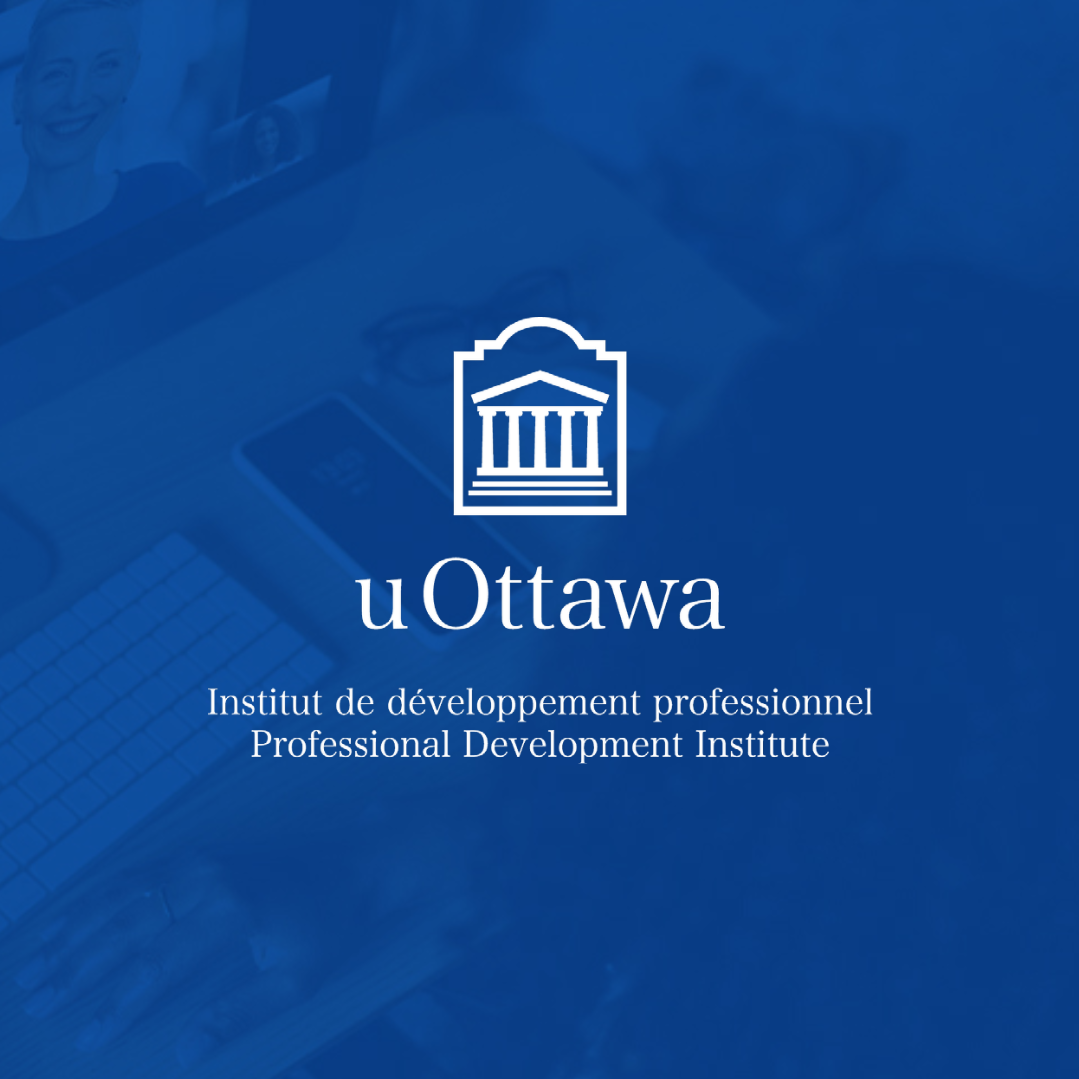In this course, managers will explore how to align budgets with an operational or strategic plan. Managers will gain insights on how budget analysis reveals opportunities and pressures, including the telltale warning signs when budgets may be off track and how variances can be managed.

Every manager has financial responsibilities. This includes budgeting, costing, forecasting and understanding financial reports from outside entities such as stakeholders, suppliers or partners.
In this course, managers will explore how to align budgets with an operational or strategic plan. Managers will gain insights on how budget analysis reveals opportunities and pressures, including the telltale warning signs when budgets may be off track and how variances can be managed.
Most managers also manage capital budgets. We will use case studies to gain insight into measuring long term costs and benefits and the time value of money. We will also cover forecasting and links to key performance indicators for both capital and operating budgets.
Many managers are also expected to understand unit costing or activity-based accounting. For example, what should be a standard or expected cost to process an application for a government program? We will explore how unit costs can be established, monitored and managed.
Topics:
Developing operating and capital budgets
Financial forecasting
Managing variances and contingencies in capital and operating budgets
Costing analysis, including activity-based-costing
Using financial tools to evaluate capital investment opportunities
Employ sensitivity, break-even, and scenario analyses to improve decision-making
Audience:
This workshop is designed for public and private sector managers at all levels with limited financial experience who are responsible for managing a budget (capital or operating) or need to make decisions based in part on financial data.
The University of Ottawa’s Professional Development Institute (The Institute), originally branded the Centre for Continuing Education, was established over 25 years ago to offer higher learning opportunities to private and public-sector professionals and the community at large in Ottawa.
Over the years, we developed and nurtured expertise, growing significantly in both course offerings and new specialty knowledge areas, outgrowing its original mandate.
In late 2018, our organization was rebranded as the Professional Development Institute. The previous designation no longer encapsulated the breadth and depth of current and future offerings nor did it reflect our expanded mandate and reach.
Our Mission:
The Institute has been recognized as mission critical to the University of Ottawa and at the forefront of professional development in Ottawa and beyond.
We have greatly diversified our programming, developed strategic partnerships with both government and private industry, offered event-based learning and conferences, established co-designed programs with key government sectors, and more.
The highly sought-after “Institute” designation is rarely granted by the University administration, and done so only after very careful consideration.
A rigorous approval process, involving the President, the Provost and the Vice-Presidents, must validate the rationale and justification for the use of the ‘Institute’ label.
The fact that we have been granted this distinguished designation is testimony to our organization, its accomplishments and its potential, and to the dedication and engagement of our staff and expert instructors.
© 2025 coursetakers.com All Rights Reserved. Terms and Conditions of use | Privacy Policy